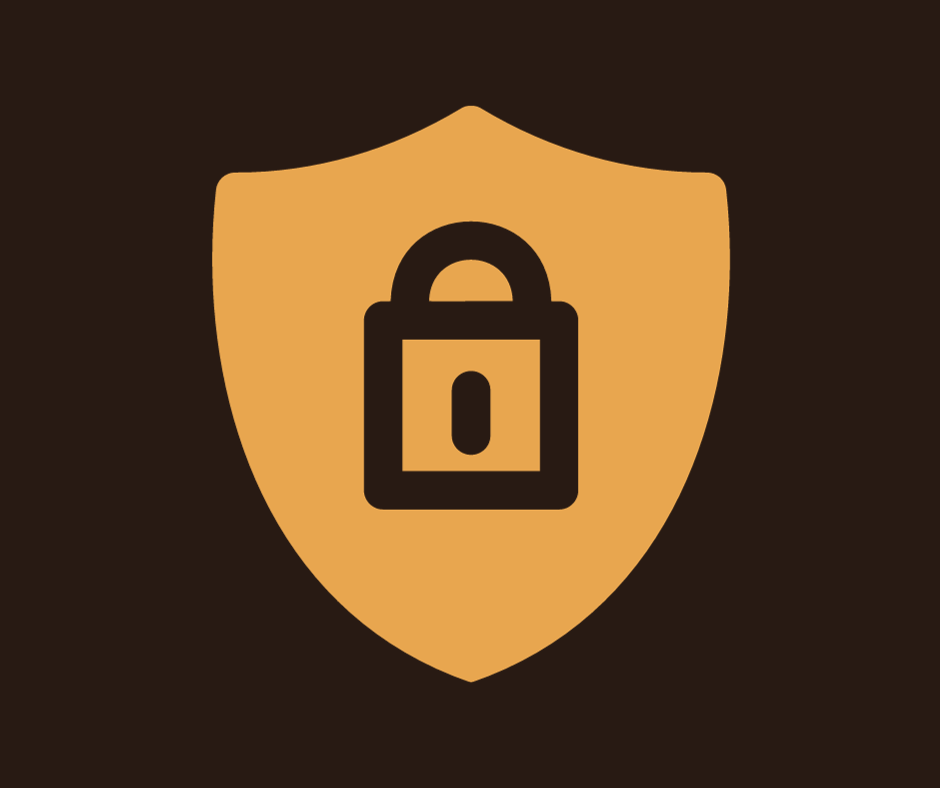The 10 Imperatives of Privacy Protection in Business: Key Tips for Compliance and Customer Trust
 Published at November 7, 2023
Published at November 7, 2023
Privacy protection has become a fundamental concern for consumers, and businesses that neglect it risk losing the trust of their customers. In addition to the ethical aspect, compliance with existing data protection laws, such as Bill 25, is essential to avoid heavy penalties.
In this article, we will explore ten practical tips to help businesses better safeguard the privacy of their customers.
1. Consent from Your Customers
Why Consent is Crucial
Obtaining consent from your customers before collecting their personal information is a crucial principle of privacy protection. This builds your customers' trust by showing that you respect their autonomy. Moreover, consent is now a legal requirement in most cases.
Limit Collection and Retention
In addition to obtaining consent, it is important to limit data collection to the strictly necessary and define an appropriate retention period. Excessive data collection increases privacy breach risks while adding to your data management burden.
2. Privacy Training
The Importance of Awareness
Providing proper privacy protection training to your employees is an essential step. Well-informed staff reduces the risks of data breaches resulting from human errors, such as data loss or unauthorized access.
Benefits of Training
Privacy training also promotes a company culture focused on confidentiality and data security. This strengthens customer trust and helps you comply with existing regulations.
3. Control of Access to Personal Information
Preventing Unauthorized Access
Limiting and controlling access to personal information is essential to prevent privacy breaches. In case of unauthorized access, your company should take appropriate measures, including notifying affected parties.
The Need for Access Management
Implement access management systems to ensure that only authorized employees have access to sensitive data. This significantly reduces the risks of abuse and privacy breaches.
4. Collection of Sensitive Personal Information
Weigh the Pros and Cons
Before collecting sensitive personal information, such as driver's license numbers, carefully consider the necessity of these details. The more sensitive the data, the more it should be protected.
Explicit Consent
When collecting sensitive data, ensure that you obtain explicit consent from your customers. This reinforces their trust in knowing that you take their privacy seriously.
5. Video Surveillance
Transparency in Video Surveillance
If you use surveillance cameras in your premises, inform your customers clearly and visibly. Transparency builds trust and enables customers to make informed decisions about their privacy.
Compliance with Video Surveillance Laws
Make sure to comply with local laws and regulations regarding video surveillance. Adequate signage and clear policies are often necessary to remain in compliance.
6. Privacy Policy
Establish a Clear Policy
Have a clear and accessible privacy policy for your customers. This policy should explain what data is collected, how it is used, and how it is protected.
Transparency and Trust
A transparent privacy policy strengthens your customers' trust. Ensure that you regularly update it to reflect changes in your data collection and processing practices.
7. Data Protection on Mobile Devices
Secure Mobile Media
Data on laptops, USB drives, or hard drives is particularly vulnerable to loss or theft. Use protective measures such as encryption and passwords to secure these media.
Employee Awareness
Make sure your employees are aware of the risks associated with mobile media and the importance of safeguarding them. Ongoing training is essential to maintain data security.
8. Responding to Data Access Requests
Meet Deadlines
It is crucial to respond to data access requests in a timely manner. The law may require you to provide this information within a specific timeframe.
Efficient Process
Have an efficient process in place to handle these requests. This not only ensures legal compliance but also demonstrates that you respect your customers' privacy.
9. Privacy Breach Protection
Preventing Breaches
Implement robust security measures to protect your customers' data from privacy breaches. This includes firewalls, intrusion detection systems, and regular software updates.
Breach Reporting
If a privacy breach occurs, report it promptly. Some regulatory bodies require you to inform affected parties within a specific timeframe.
10. Contact Information for Privacy Inquiries
Availability
Ensure that your customers know who to contact if they have questions or concerns about privacy protection. Establish a clear point of contact.
Dedicated Customer Service
Dedicated privacy customer service can strengthen your customers' trust. Make sure that the employees in this service are well-informed and able to competently answer questions.
An Ethical and Legal Imperative
Privacy protection is an ethical and legal imperative for businesses. By following these ten tips, you can strengthen your customers' trust, avoid costly legal issues, and contribute to a safer and more privacy-respecting business environment. Investing in privacy protection is an investment in the sustainability of your business.
 Skip site navigation
Skip site navigation